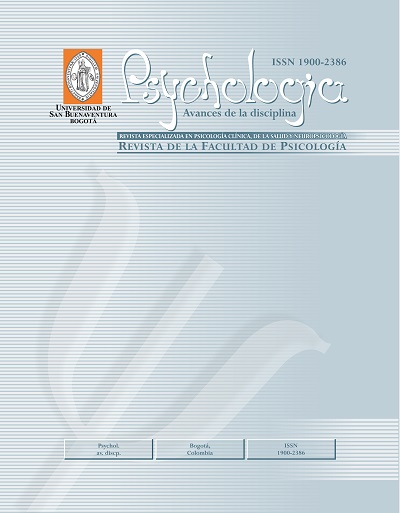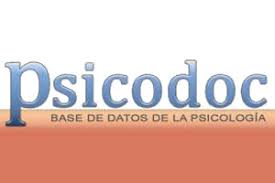This journal provides open, immediate access to its contents, based on the principle that offering the public free access to research helps to promote a higher global exchange of knowledge.
As such, all journal articles are published under a Creative Commons Attribution-NonCommercial-ShareAlike 4.0 International License (CC BY-NC-SA), by which commercial use of the original work or its possible derived works is not allowed, and the distribution thereof must be done with the same license elements regulating the original work.
http://creativecommons.org/licenses/by-nc-sa/4.0/
Abstract
The experimental studies of emotion and motivation have developed more often with pictures, sounds and videos; however, few studies have addressed the emotional and motivational response to the words, which are stimuli that guide significantly our social interaction. Therefore, the objective of this research was to identify the words capacity to generate emotional states and differences between men and women. For this we conducted a study with 232 persons and used 15 words with affective content which were evaluated in the dimensions of valence,
arousal and dominance. The results show that pleasant words, especially those with sexual content generate an appetitive valence, high arousal and high dominance, and unpleasant words generate an aversive valence, low arousal and low dominance. Significant differences between men and women only found in valence of unpleasant words and in arousal of the pleasant words.





















